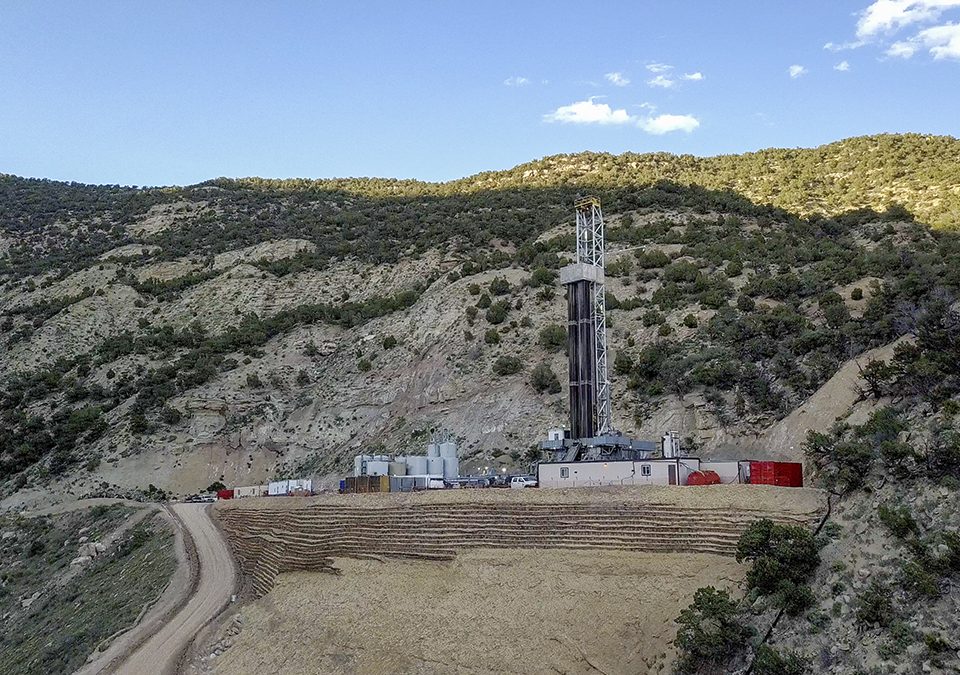State Regulators Advance Critical Energy Conversations
Responsible Natural Resources Policy Makes U.S. More SECURE
November 9, 2017Driving to the Future in Electric Vehicles
November 16, 2017The nation’s regulatory utility commissioners are gathered in Baltimore, Maryland for their 129th annual meeting. I’m pleased to represent PACE and raise awareness about our partnerships all across the country and our mission of driving policies that deliver reliable, affordable energy to consumers.
It’s not just the brisk, wintry temperatures here in Baltimore keeping attendees focused on where consumers will get their energy and what it will cost. Several sessions across the 4 days of meetings delve into these important questions.
The Solar Energy Industries Association (SEIA) convened an early morning breakfast yesterday to discuss the pending Federal Trade Commission (FTC) “Suniva” case over solar panel imports and advocate against tariffs. A bipartisan pair of the FTC Commissioners has recommended setting a quota and a down-adjusting tariff lasting four years. Talking here with Ken Colburn, principal and U.S. program director for the Regulatory Assistance Project, he observed that market forces and technology improvements are driving such strong photovoltaic development, any tariffs are likely to only pose a bump in the road.
In the Natural Gas Committee, a panel including Mississippi Commissioner Brandon Presley examined opportunities for natural gas access and expansion. There are still underserved areas for direct use of natural gas. In Q & A, commissioners asked for information about how natural gas distributors work with communities to expand citizens’ energy choices.
With fewer pieces of energy legislation moving in Congress, are states stepping into arenas and decision-making that belong on the federal level? Former FERC Commissioner Tony Clark expounded on myths and facts surrounding electricity restructuring and the reality that “deregulated markets” often require a great deal of, well, regulation and fail to deliver lowest cost services to end use consumers. You can read more about his views in a recent paper. Marc Spitzer, also a former FERC Commissioner, reported on the price spikes Germany has seen due to its decision to remove nuclear from its portfolio and warned about natural gas plants in the U.S. being forced “out of the money” under current market designs.
The Federal-State tension discussion continued in the afternoon, where a general session gave Sean Cunningham, Executive Director for DOE’s Office of Energy Policy and Systems Analysis, a platform to explain the agency’s “Section 403” proposed rule concerning resiliency. Earlier in the day, a Harvard speaker with environmental interests called DOE’s document too “flimsy” to support a new rule.
Mr. Cunningham spoke up strongly for the all of the above concept that PACE consistently supports. He shared DOE’s drive to ensure that all fuel resources are available to manage the grid and consistently fulfill the obligation to serve. Like panelists earlier in the day, he too opined that in many instances, the “artificial rule-based” regional electricity markets are in need of attention and repair.
Healthy debate will continue here at NARUC through the middle of the week, so on Thursday PACE will bring you a second update on the information exchange and impacts for consumers.


